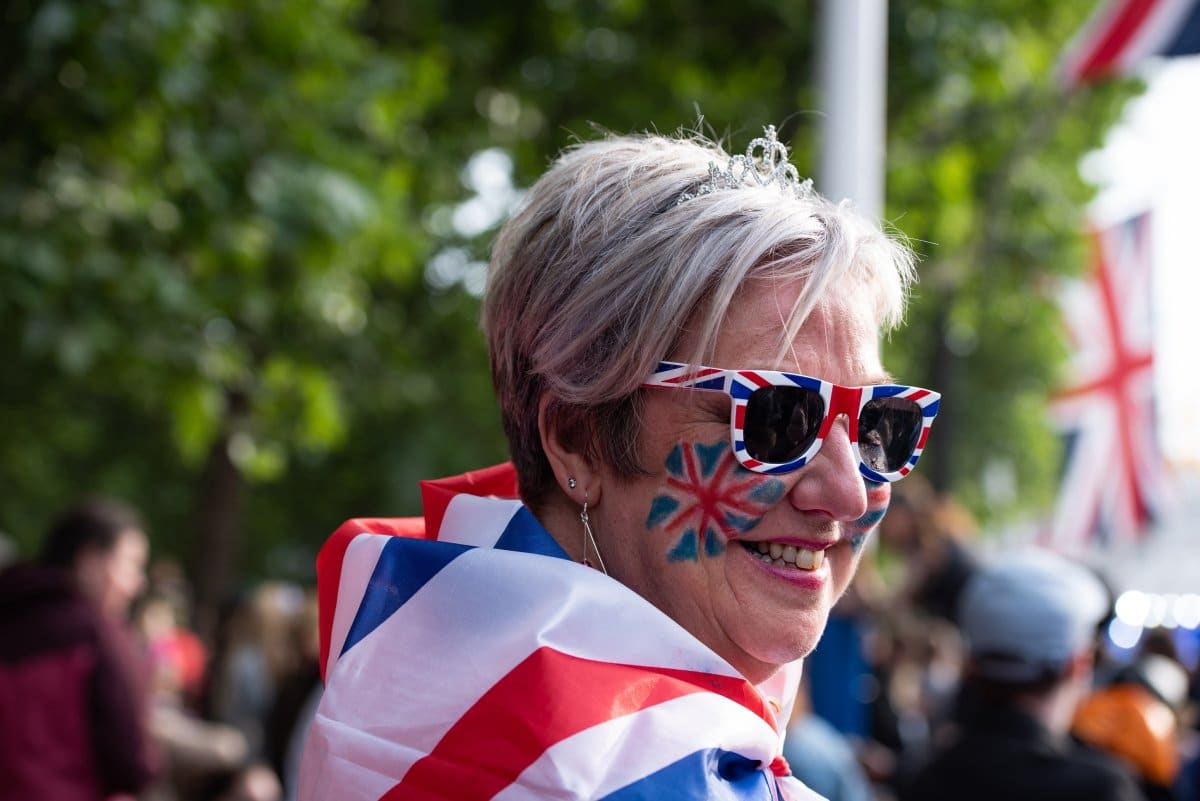Ah, the 1970s in the UK—an era when flares were wide and political scandals wide-reaching. But was it really the golden age of freedom and funk, or are we just nursing a national nostalgia hangover?
1. The Music Was Actually Good
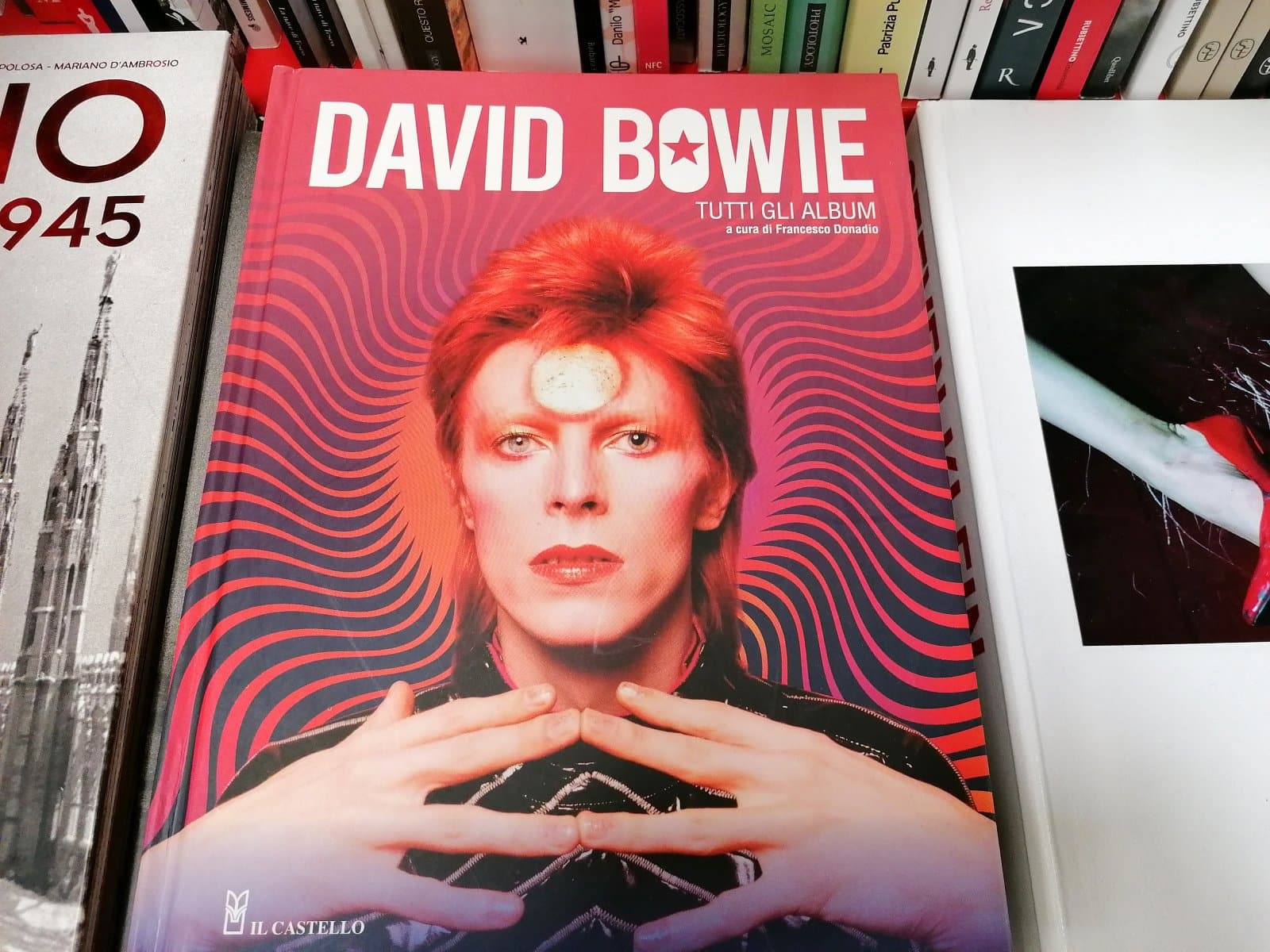
The decade kicked off with Bowie’s glam and ended with punk’s promise of rebellion. You could argue music has never been as innovative since.
2. Television That Mattered

Forget streaming; the 70s brought us ‘Fawlty Towers’ and ‘The Sweeney’. TV was less about quantity, more about quintessential quality.
3. A Simpler Housing Market
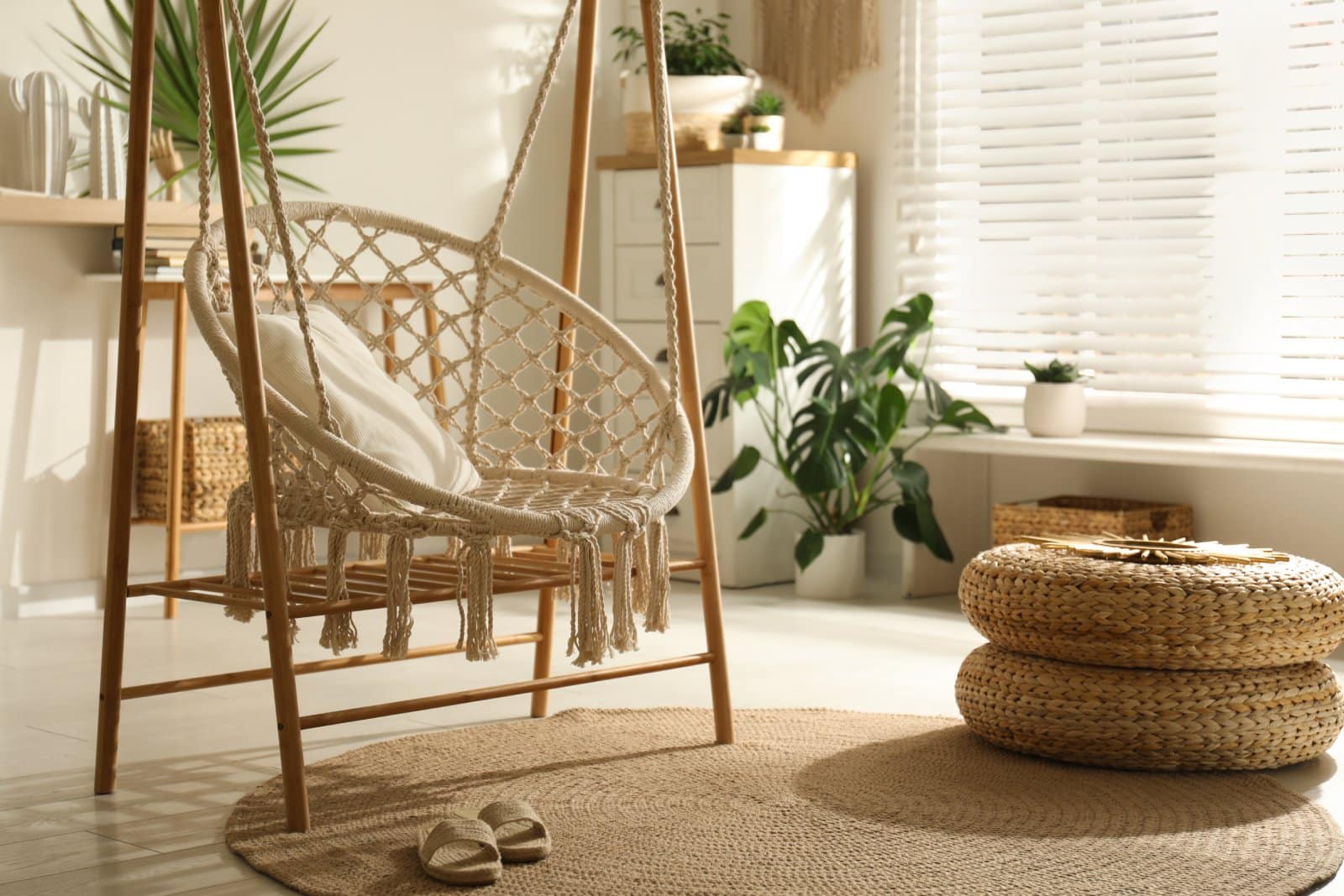
Buying a house was within the realm of possibility for the average young adult, without the need to sell organs or souls.
4. The Golden Age of British Cinema

British cinema was in its heyday with films like ‘A Clockwork Orange’ and ‘Monty Python’s Holy Grail’. Dark humour and satire ruled the screen.
5. Less Technology, More Talk

The absence of smartphones meant people actually talked to each other at pubs, on trains and in the streets. Imagine that.
6. Fashion Freedom

Fashion was an explosion of colours and patterns; no one blinked at your sartorial choices, however outrageous.
7. Trade Unions Had Power

Trade unions were strong and could actually negotiate on behalf of workers. Industrial action meant something more than a delayed train.
8. Education Was Affordable

You could get a university education without accruing a mountain of debt, setting you up for life rather than financial ruin.
9. Public Transport Cost Pennies
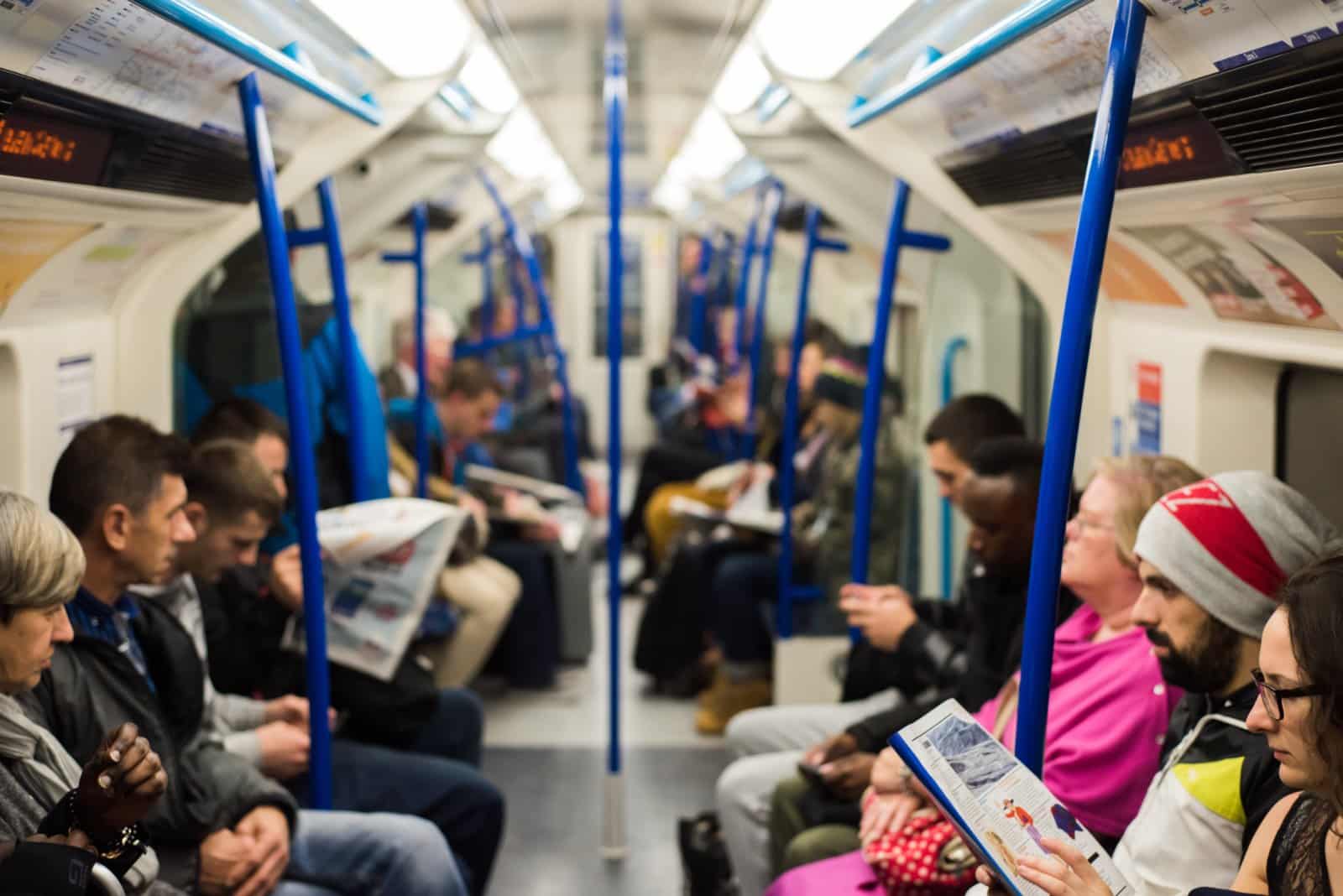
You could traverse the length of Britain by train for less than the cost of a pub meal today—punctuality notwithstanding.
10. Festivals Without the Frills

Music festivals were about the music, not the overpriced artisanal food stalls or Instagram-worthy backdrops.
11. Community Spirit
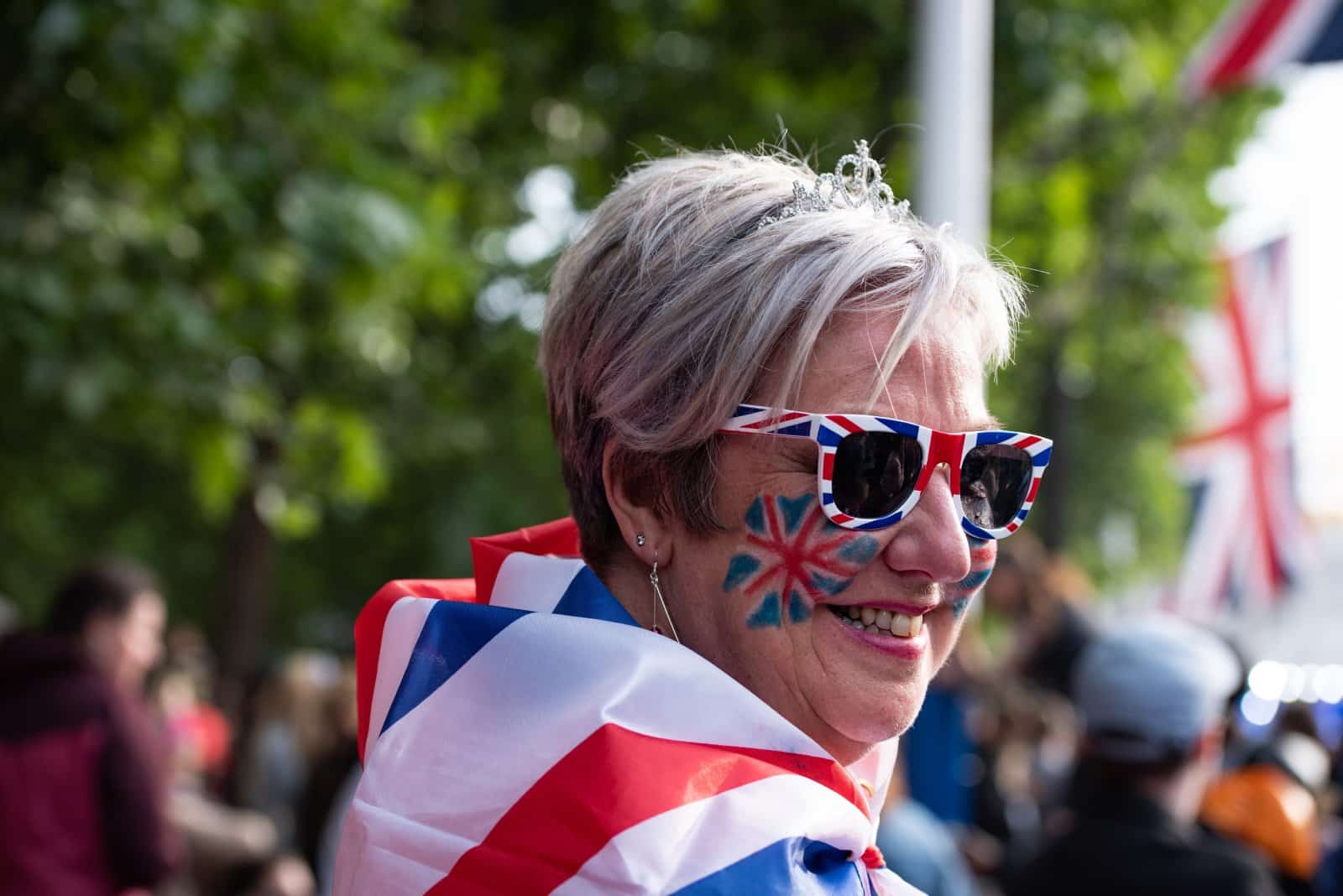
Neighbourhoods had real communities; street parties were the norm, not a yearly inconvenience.
12. Less Overwhelming Choices

The lack of choice—in everything from TV channels to types of milk—was actually kind of liberating.
13. Politicians Were Characters
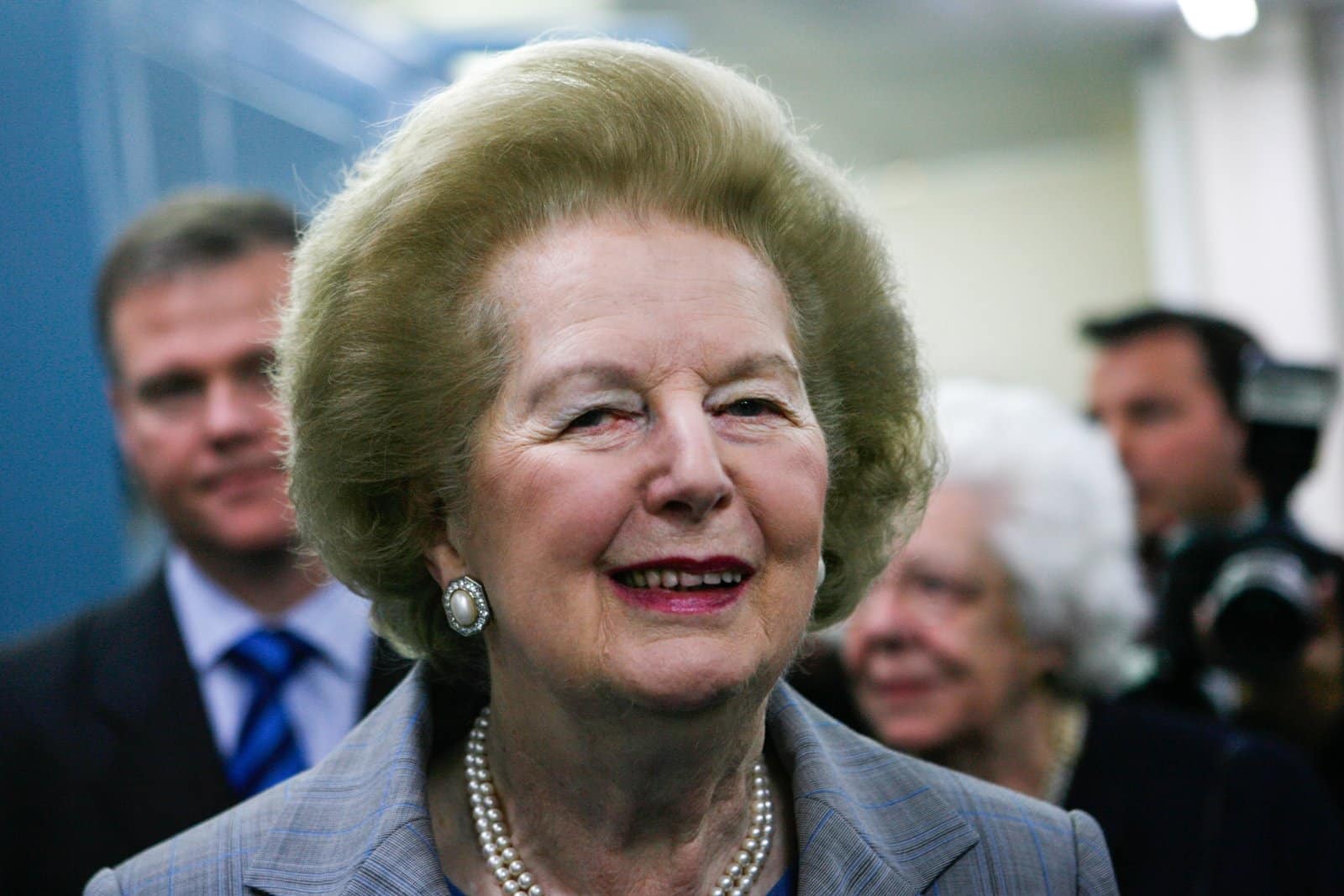
Whether it was for better or worse, politicians like Margaret Thatcher and Harold Wilson were characters, not just PR projects.
14. The Car Industry Thrived

The British car industry was booming, producing classics like the Mini Cooper—quirky, unreliable, but undeniably charming.
15. Real Pubs
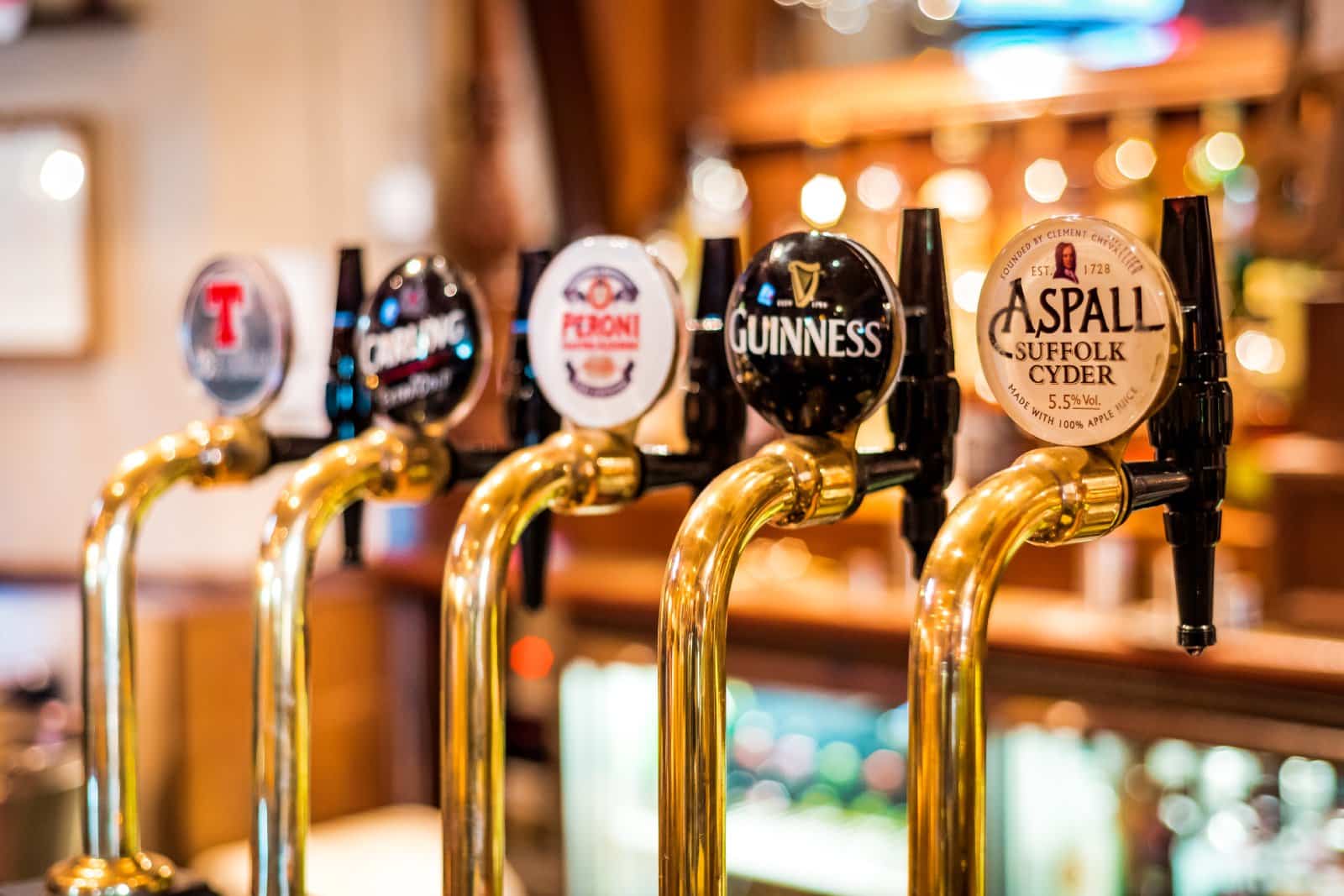
Pubs were smokey, sticky, but undeniably social hubs, not gentrified eateries with craft beer menus.
16. The Power of the Press
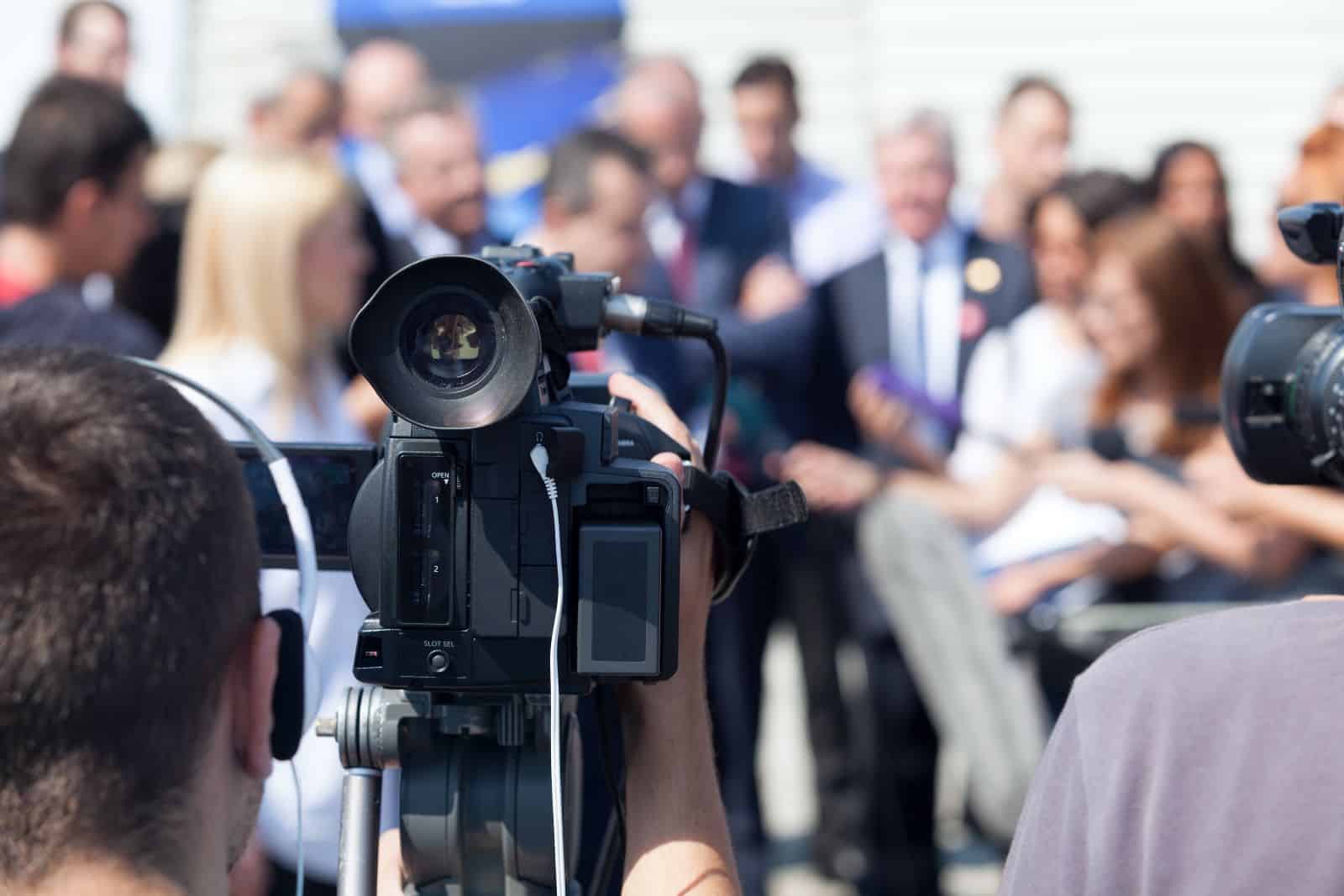
The press was a mighty force that could make or break political careers with a single headline, for better or worse.
17. Sport Was Unpolished

Sport was gritty and authentic, without VAR to scrutinise every move or massive sponsorship deals to sanitize it.
18. The Rise of Package Holidays
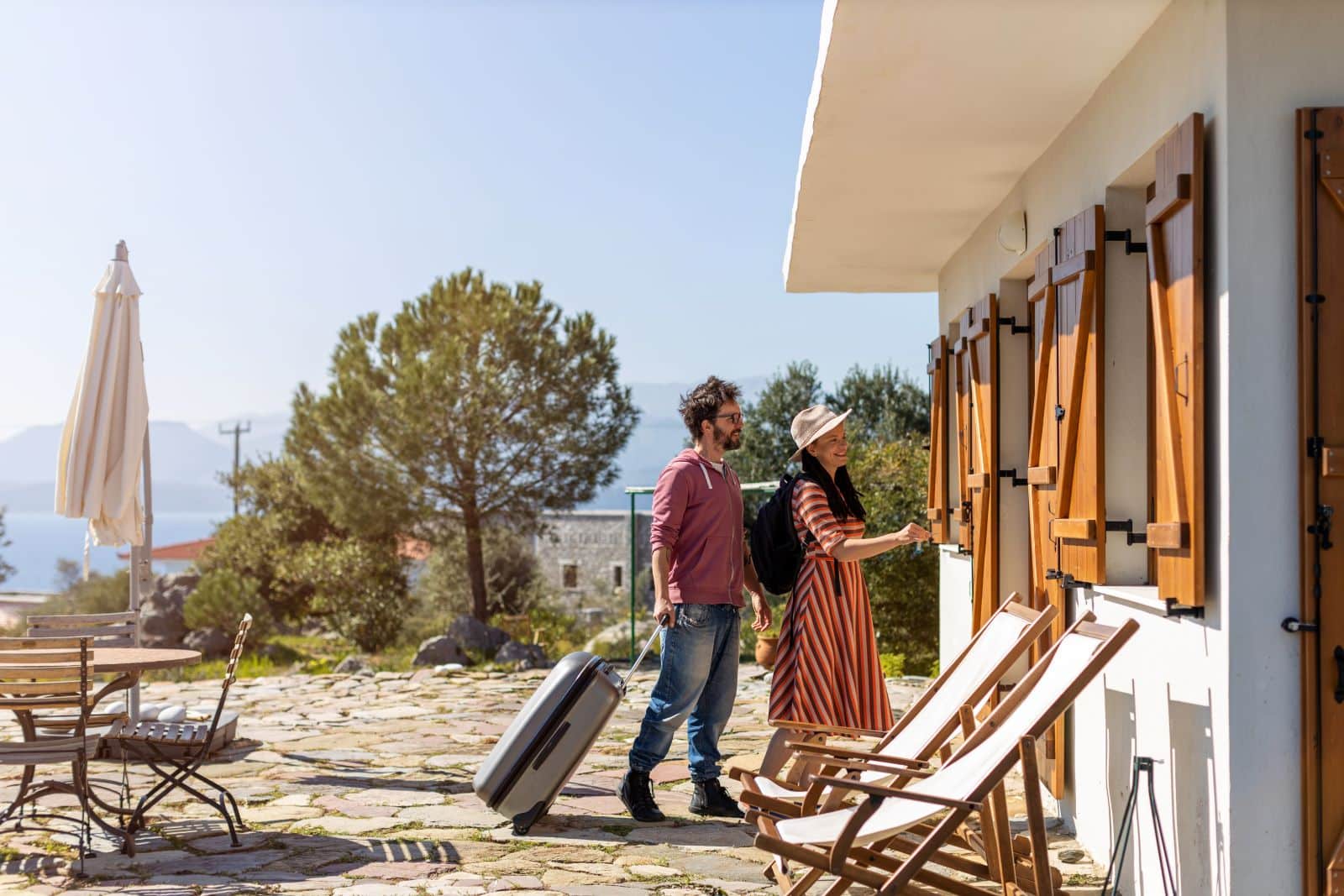
The excitement of a package holiday to Spain offered exotic escapism that today’s budget airline deals can’t match.
19. DIY Culture

The ‘make do and mend’ ethos was not just a necessity but a choice, with creativity flourishing as a result.
20. Iconic TV Ads

Advertisements were iconic cultural landmarks in their own right, from the Hovis boy to the Smash Martians.
21. A Clearer Enemy

The Cold War gave us a tangible, if unsettling, sense of identity and purpose.
Wrapping It Up
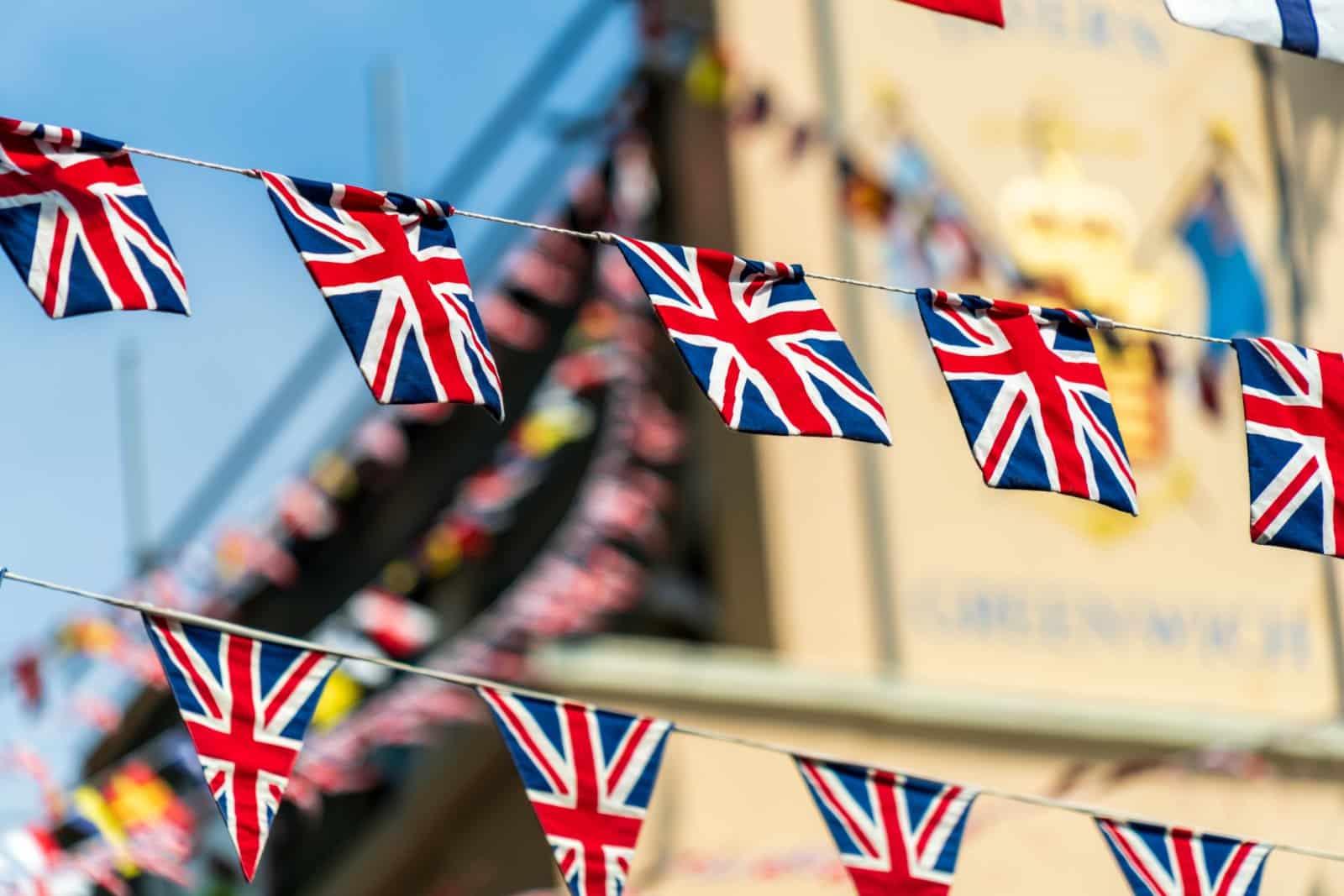
Did the 70s offer a better quality of life, or are we just captivated by its rose-tinted allure? Either way, this era remains a compelling chapter in the UK’s cultural history, offering lessons and laughs in equal measure.
The post Were the 1970s Really the UK’s Golden Age? 10 Reasons to Reconsider first appeared on Swift Feed.
Featured Image Credit: Shutterstock / Loredana Sangiuliano.
For transparency, this content was partly developed with AI assistance and carefully curated by an experienced editor to be informative and ensure accuracy.

